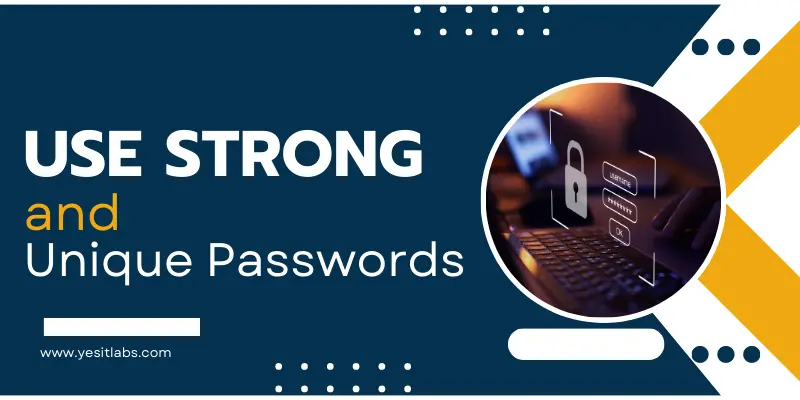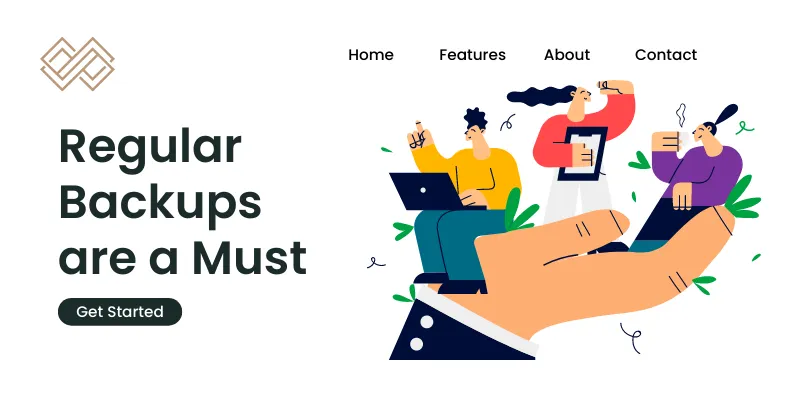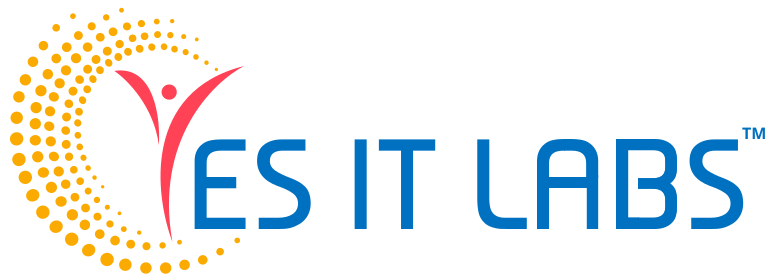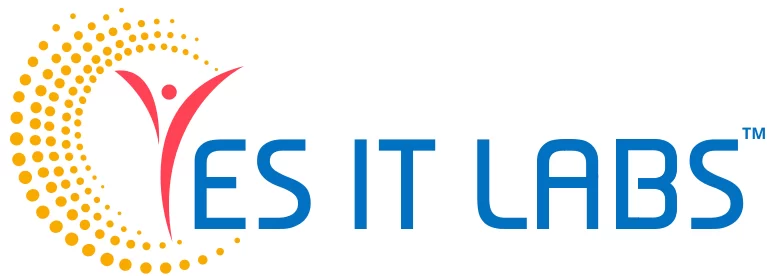Introduction
In today’s digital landscape, where websites are an integral part of businesses and personal ventures alike, security is of paramount importance. WordPress, being one of the most popular content management systems, is also a prime target for cyber threats. As we enter 2023, it’s crucial to strengthen your WordPress website’s security to protect it from potential attacks and vulnerabilities. In this blog, we’ll explore seven essential ways to secure your WordPress website and safeguard your online presence.

1. Keep WordPress Core, Themes, and Plugins Up to Date:
The WordPress team constantly releases updates to address security loopholes and enhance functionality. Ignoring these updates can leave your website vulnerable to known threats. Always ensure that your WordPress core, themes, and plugins are up to date. Turn on automatic updates whenever possible to stay protected from the latest vulnerabilities.

2. Use Strong and Unique Passwords:
Using weak or widely used passwords can invite hackers in. Using a combination of upper- and lowercase letters, numbers, and special characters, create secure passwords. Avoid using the same password on many platforms as well. To create and securely store complicated passwords, think about utilizing a password manager.
3. Implement Two-Factor Authentication (2FA):
Adding an extra layer of security through two-factor authentication (2FA) significantly reduces the risk of unauthorized access. With 2FA, users need to provide a second form of verification, such as a one-time code sent to their mobile device, in addition to their password. This makes it much harder for attackers to gain control of your website.

4. Choose Reliable Themes and Plugins:
Selecting themes and plugins from reputable sources is vital for the security of your WordPress website. Stick to well-established marketplaces and avoid downloading free themes or plugins from unknown websites, as they may contain malicious code. Always read reviews and check the developer’s track record before installing any new theme or plugin.

5. Regular Backups are a Must:
Even with all the preventive measures in place, there’s always a chance of a security breach. Regularly backing up your WordPress website is crucial to quickly restore it to a previous state in case of an attack. Choose a reliable backup solution and store your backups securely in a remote location or a cloud service.

6. Secure Your Login Page:
The login page is often the most targeted area by attackers attempting to gain unauthorized access. To secure it, consider limiting login attempts and adding CAPTCHA challenges. Additionally, you can change the default login URL from “wp-login.php” to something unique, making it harder for bots to find.
7. Use Security Plugins:
WordPress offers a wide range of security plugins that can help you fortify your website’s defenses. These plugins can scan for malware, block suspicious IP addresses, enable firewalls, and more. Popular security plugins include Wordfence, Sucuri, and iThemes Security. However, be cautious not to overload your website with too many plugins, as this can impact performance.

How YES IT Labs Can Help You:
YES IT Labs is a leading technology company dedicated to providing top-notch web development and security services. We understand the critical importance of securing your WordPress website in the ever-evolving digital landscape. Our team of experienced professionals specializes in WordPress security and can assist you in implementing the best security practices to protect your website effectively.
Here’s how YES IT Labs can help you secure your WordPress website in 2023:
 1. Comprehensive Security Audits:
1. Comprehensive Security Audits:
Our experts will conduct a thorough security audit of your WordPress website to identify potential vulnerabilities and weaknesses. We’ll assess your site’s security posture and provide you with a detailed report of our findings, along with actionable recommendations to enhance security.
 2. Proactive Updates and Maintenance:
2. Proactive Updates and Maintenance:
Keeping your WordPress core, themes, and plugins updated is vital for security. We’ll handle all the necessary updates and maintenance tasks on your behalf, ensuring that your website is protected against known security threats.
 3. Customized Security Solutions:
3. Customized Security Solutions:
Every website is unique, and so are its security requirements. Our team will tailor security solutions specifically for your WordPress website, taking into account its specific needs and potential risks.
 4. Expert Guidance on Best Security Practices:
4. Expert Guidance on Best Security Practices:
We’ll guide you through the best security practices for WordPress websites, empowering you and your team to make informed decisions to safeguard your online presence effectively.
 5. 24/7 Monitoring and Support:
5. 24/7 Monitoring and Support:
Our security experts will provide round-the-clock monitoring and support to detect and respond to any security incidents promptly. With YES IT Labs by your side, you can rest assured that your WordPress website is in safe hands.
Conclusion,
Safeguarding your WordPress website is an ongoing process that requires diligence and proactive measures. By keeping your WordPress core, themes, and plugins updated, using strong passwords and 2FA, selecting reputable themes and plugins, regularly backing up your website, securing the login page, and leveraging security plugins, you can significantly reduce the risk of security breaches and keep your online presence safe in 2023 and beyond.
Remember, no security measure is foolproof, but by implementing these best practices, you’ll build a robust defense against potential threats and ensure a safer browsing experience for both yourself and your website visitors. Stay vigilant, stay informed, and prioritize the security of your WordPress website at all times.







